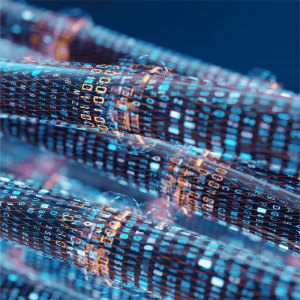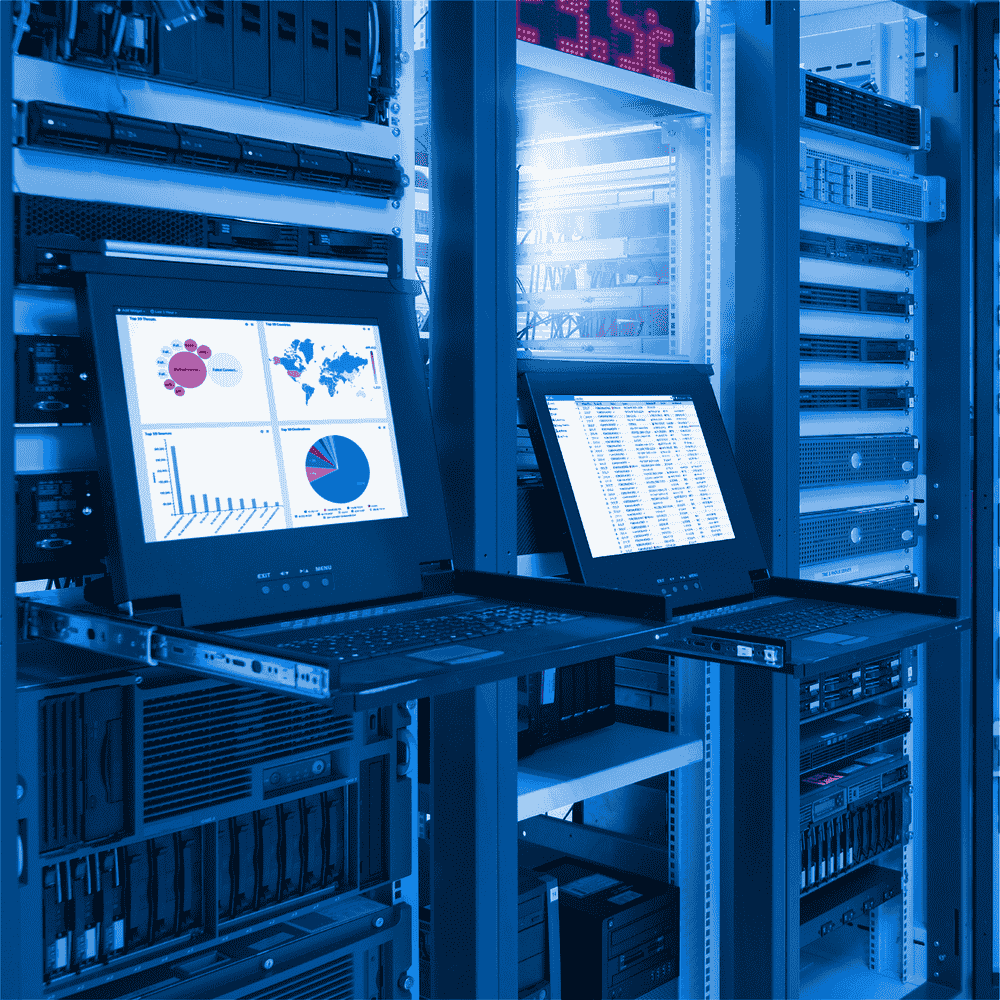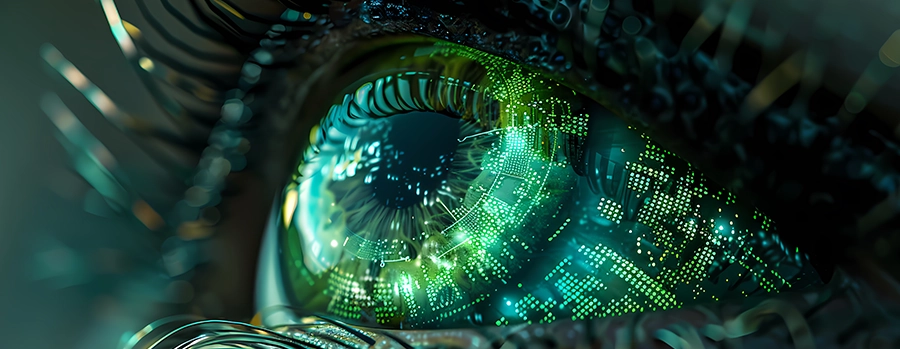Fiber Optics and Security: Protecting Your Data
In the digital age, secure transportation of data is as critical as fast and reliable transmission. Fiber optic cables used in today’s internet infrastructure stand out not only with their high speeds and long-distance capacity, but also with the security advantages they provide. So, do you know why fiber optic cables are so important in terms of data security? Here is what you need to know about fiber optics and security.
Security Advantages of Fiber Optic Technology
1. Resistance to Eavesdropping
Traditional copper cables can be easily eavesdropped or interfered with by emitting electromagnetic signals. However, fiber optic cables do not emit electromagnetic signals because they transmit data with light pulses. This feature largely eliminates threats such as unauthorized access or data theft from outside. It is almost impossible to interfere with data transmission other than physically cutting or breaking fiber optic cables.
2. Complete Protection Against Interference
Fiber optic cables are completely immune to environmental interference and electromagnetic fields. This makes data transmission more reliable and minimizes the risk of the network being affected by external factors. Electromagnetic interference can create serious security gaps, especially in networks with sensitive data. Fiber optics provide excellent protection against such threats.
3. Like a Firewall: Physical Security of the Cable
Fiber optic cables cause signal distortions that can be noticed immediately when physically interfered with. This makes it difficult for cyber attackers to eavesdrop on data transmission without damaging the cable. Any interference with the fiber optic cable can be noticed immediately by system operators and the necessary precautions can be taken.
Security Measures in Fiber Optic Networks
1. Physical Protection and Monitoring
Fiber optic cables are usually laid underground or in secure environments, which reduces the risk of physical access. However, additional security measures should be taken in areas where critical data lines pass. Thanks to fiber optic monitoring systems, any interference or break in the cable can be detected immediately and rapid intervention can be provided.
2. Extra Security with Encryption
In addition to the natural security advantages of fiber optic cables, you can increase data security by using data encryption techniques. Encryption makes it impossible for unauthorized people to read data while it is being transmitted. Encryption is an essential security measure, especially in networks where sensitive information is transmitted.
3. Backup and Routing Solutions
In case of possible attacks or physical damage on fiber optic networks, backup and routing solutions are vital for the uninterrupted transmission of data. Routing the network to a backup route prevents data loss and ensures uninterrupted communication.
5 Tips to Increase Fiber Optic Security
- Physical Cable Monitoring: Detect possible damage or interventions early by performing regular physical monitoring in areas where fiber optic cables are laid.
- Data Encryption: Protect data passing through fiber optic cables by encrypting them in networks that require high security.
- Create Backup Lines: Ensure the continuity of data flow in case of outages by supporting your fiber optic network with backup paths.
- Secure Critical Infrastructure: Restrict physical access by taking extra security measures in areas where fiber optic cables pass.
- Use Proactive Monitoring Systems: Get a chance for early intervention by activating monitoring systems that can instantly detect any intervention made to the cables.
Protecting Your Data with Fiber Optics is the Assurance of the Future
Fiber optic technology creates the most reliable communication infrastructure of today not only with its data transmission speeds but also with the security advantages it offers. Features such as resistance to electromagnetic interference, protection against unauthorized access and warning system against physical interventions make fiber optic cables ideal for secure data transmission.
As a result, fiber optic technology offers a critical solution for both today and tomorrow’s network security. In this digital world where the internet is rapidly developing and data security is becoming more important every day, fiber optic cables continue to be the best way to carry your data both quickly and securely.






